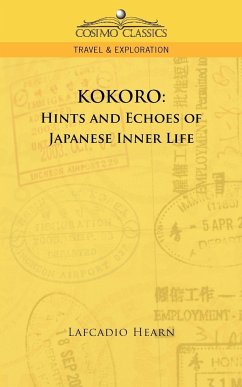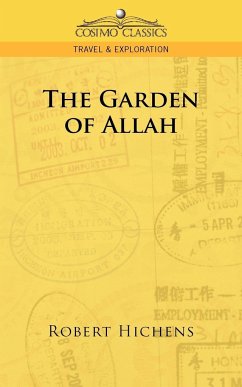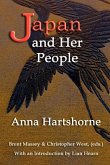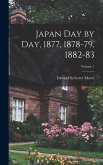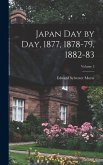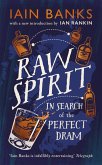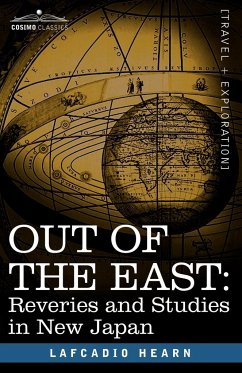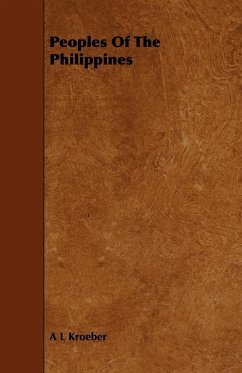Generally speaking, we construct for endurance, the Japanese for impermanency. Few things for common use are made in Japan with a view to durability. The straw sandals worn out and replaced at each stage of a journey; the robe consisting of a few simple widths loosely stitched together for wearing, and unstitched again for washing; the fresh chopsticks served to each new guest at a hotel... -from "The Genius of Japanese Civilization" Kokoro, roughly translated into English, means "heart," though it can also signify the emotional mind, spirit, courage, and resolve. In 1896, just as Japan was opening to the West and interest in Japanese culture in the outside world was flowering, Western expatriate Lafcadio Hearn published this charming and insightful valentine to his adopted country. In sweetly lyrical prose, Hearn extols the "strange morality" of Japanese crime and punishment, the startling beauty of Japanese music, the graceful demureness of Japanese women, and much more. Japanophiles and travelers to the East will delight in this extraordinary foreign journal by a traveler so in love with the land that he stayed for the rest of his life. Bohemian and writer PATRICK LAFCADIO HEARN (1850-1904) was born in Greece, raised in Ireland, and worked as newspaper reporter in the United States before decamping to Japan. He also wrote Glimpses of Unfamiliar Japan (1894), In Ghostly Japan (1899), and Japan: An Attempt at Interpretation (1904).
Hinweis: Dieser Artikel kann nur an eine deutsche Lieferadresse ausgeliefert werden.
Hinweis: Dieser Artikel kann nur an eine deutsche Lieferadresse ausgeliefert werden.

